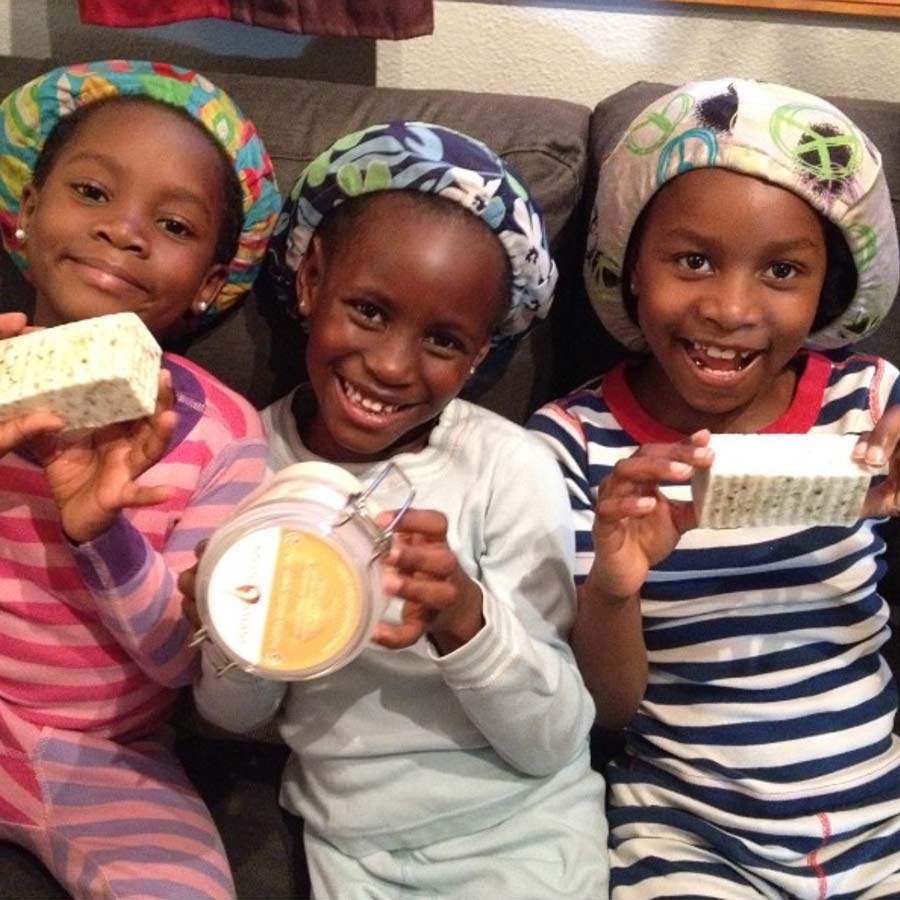The Bahá’í teachings provide profound insights into the concept of identity, the significance of social justice, and the empowerment of marginalized communities. In a world where social hierarchies often dictate worth and recognition, the teachings of Bahá’u’lláh emphasize the inherent dignity of every individual. This perspective is particularly pertinent when addressing the marginalized, who historically have been subjected to discrimination and alienation. To delve into the Bahá’í approach towards fostering confidence among marginalized people, we must explore several core principles: the oneness of humanity, the importance of education, the necessity of community support, and the practical application of love and compassion.
At the heart of the Bahá’í teachings lies the principle of the oneness of humanity. This tenet asserts that all people, regardless of their background, race, or social status, are fundamentally interconnected. This belief transcends superficial differences, urging the recognition of a shared human essence. By fostering an understanding that one’s identity is not defined solely by external factors but by the intrinsic value of their being, individuals can begin developing a profound sense of self-worth. This recognition serves as a foundation for confidence, allowing marginalized individuals to embrace their unique identities without fear or shame.
Moreover, the empowerment of marginalized communities is inextricably linked to education. Bahá’í teachings advocate for universal education as a means to eliminate ignorance and preconceptions that perpetuate inequality. When individuals, especially those from marginalized backgrounds, gain access to quality education, they acquire the tools necessary to challenge prevailing stereotypes and societal constraints. Education equips them with critical thinking skills, enabling them to articulate their experiences and needs confidently. Furthermore, when marginalized individuals are educated, they are better positioned to contribute to society effectively instead of being relegated to the periphery.
Community support plays an essential role in fostering confidence. The Bahá’í community framework emphasizes collective action and the importance of social cohesion. By creating spaces where marginalized individuals feel safe and valued, bonds are formed that can mitigate feelings of isolation. Community gatherings and initiatives focused on service create opportunities for connection and solidarity, where individuals can share their stories and support one another. This environment nurtures a culture of inclusivity and validation, counteracting the societal narratives that often leave marginalized individuals feeling voiceless.
Beyond structural support, the Bahá’í approach also underscores the application of love and compassion as transformative forces. The teachings advocate for spontaneous acts of kindness and understanding, which can have profound effects on the confidence of marginalized individuals. When others extend empathy, it not only uplifts those who feel disenfranchised but also encourages self-acceptance. This is particularly salient for individuals whose identities have been invalidated by societal norms. Compassion acts as a balm that can heal emotional wounds and inspire marginalized individuals to emerge from the shadows of self-doubt.
Furthermore, the Bahá’í teachings encourage active participation in social discourse. By advocating for issues that affect marginalized communities, Bahá’ís demonstrate a commitment to justice and equity. Engaging in social advocacy not only raises awareness about systemic inequalities but also empowers individuals within marginalized groups to take ownership of their narratives. This active participation transforms passive observers into empowered agents of change, instilling confidence through their contributions to reshaping societal perceptions.
The idea of self-love is woven through the tapestry of Bahá’í principles. Recognizing and appreciating one’s inherent worth is vital in cultivating self-confidence. The teachings promote the understanding that one’s identity is a gift from the Creator—an embodiment of diverse experiences, cultures, and histories. Thus, instilling a sense of reverence for one’s unique background can significantly bolster the confidence of marginalized individuals, allowing them to embrace their authenticity with pride.
Yet, fostering confidence in marginalized individuals is not just about personal transformation; it also necessitates challenging societal constructs that marginalize. The Bahá’í approach emphasizes an obligation to engage in conversations that disrupt the status quo. By confronting prejudices and advocating for dignity across various spheres of influence, individuals contribute towards a more just society. This collective action can dismantle barriers and erode the stigma attached to marginalized identities, cultivating an environment where confidence can flourish.
In summary, the Bahá’í approach to helping marginalized individuals feel confident in their own skin is both holistic and multifaceted. It is anchored in the recognition of humanity’s oneness, the empowerment offered through education, the vital role of community support, and the transformative potential of love and compassion. By actively dismantling prejudice while promoting self-acceptance, the teachings provide a robust framework for fostering confidence among marginalized populations. Through these principles, individuals are not only uplifted but also empowered to partake in reshaping societal narratives around identity, moving toward a more equitable and inclusive world.
